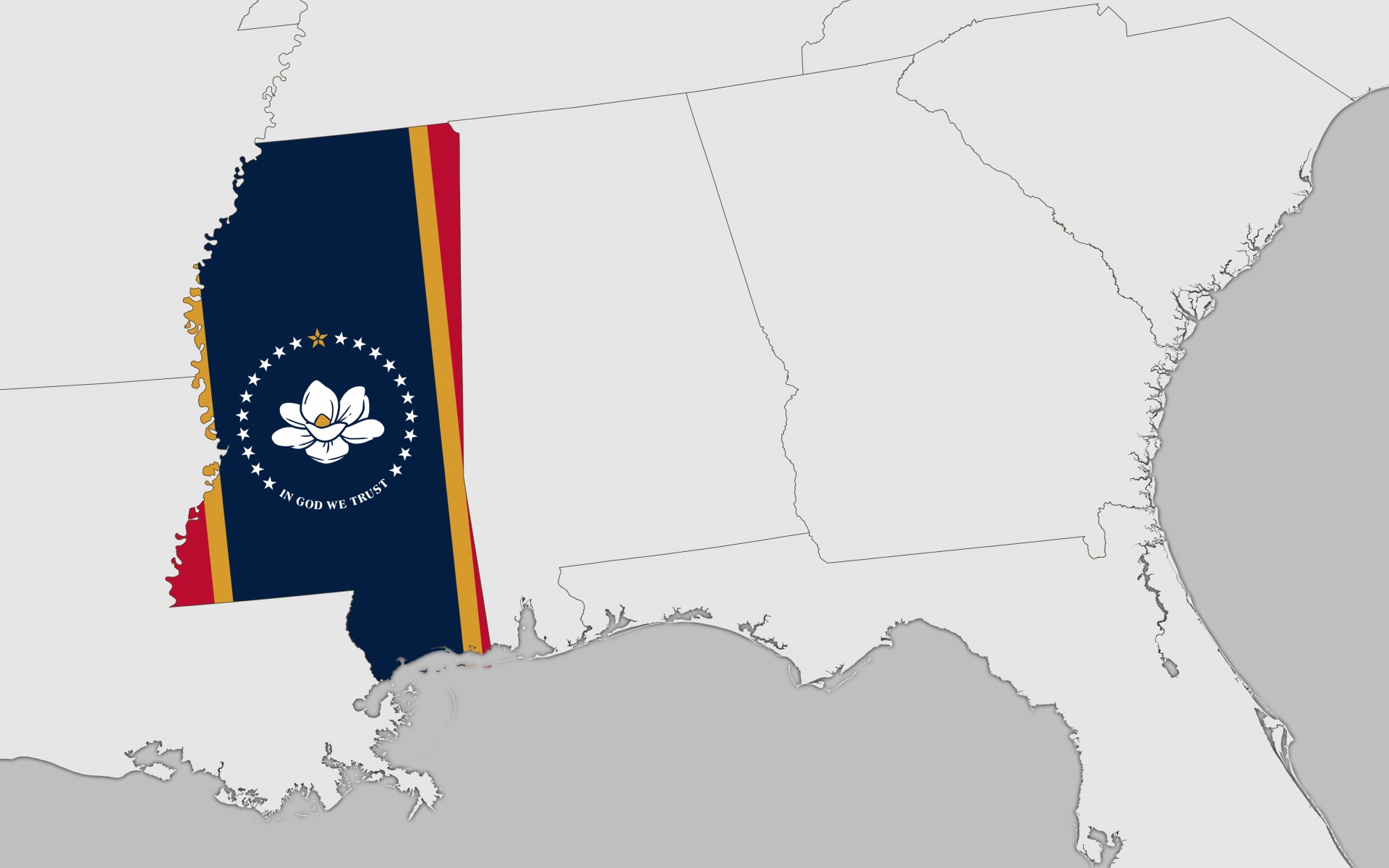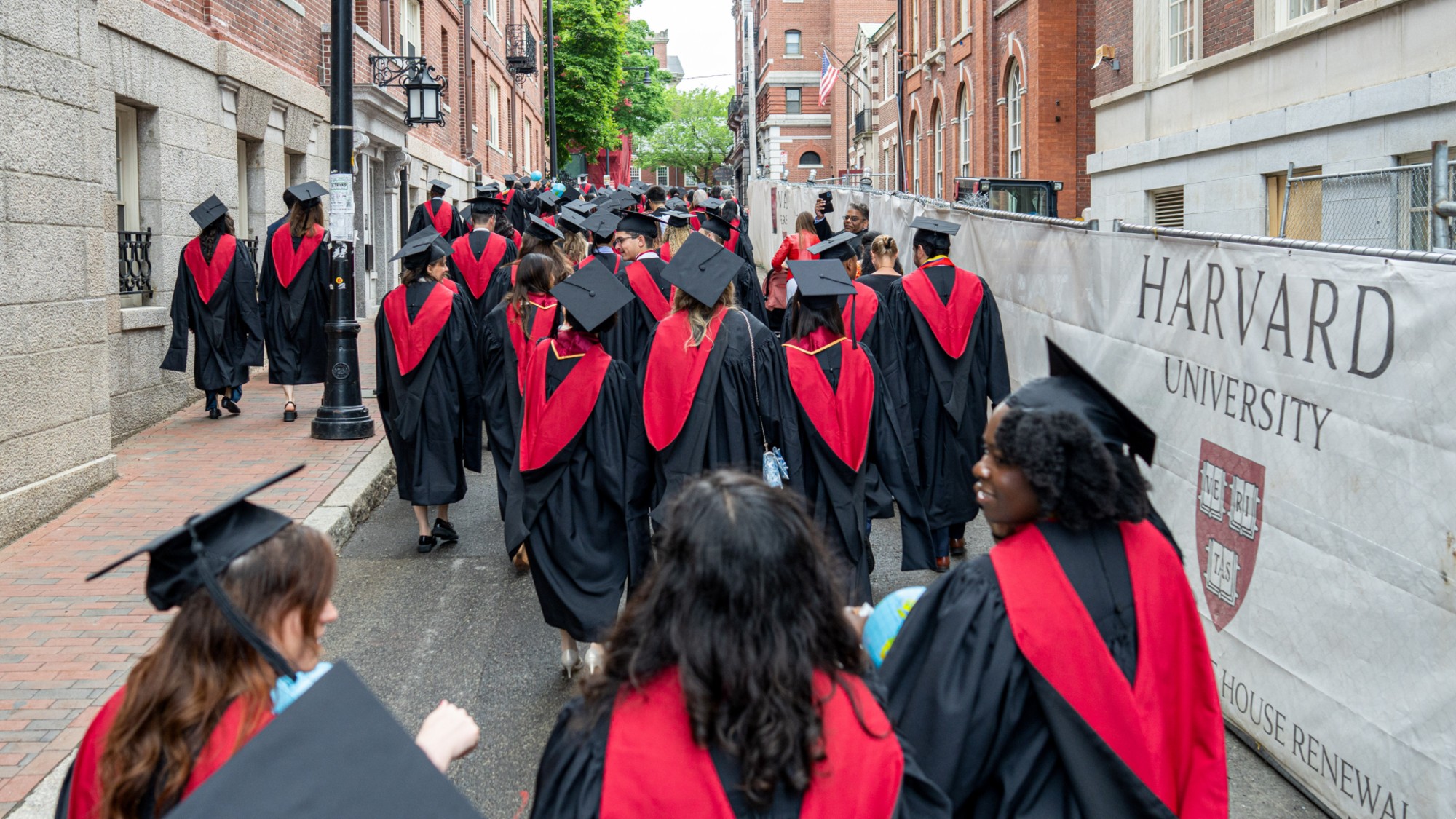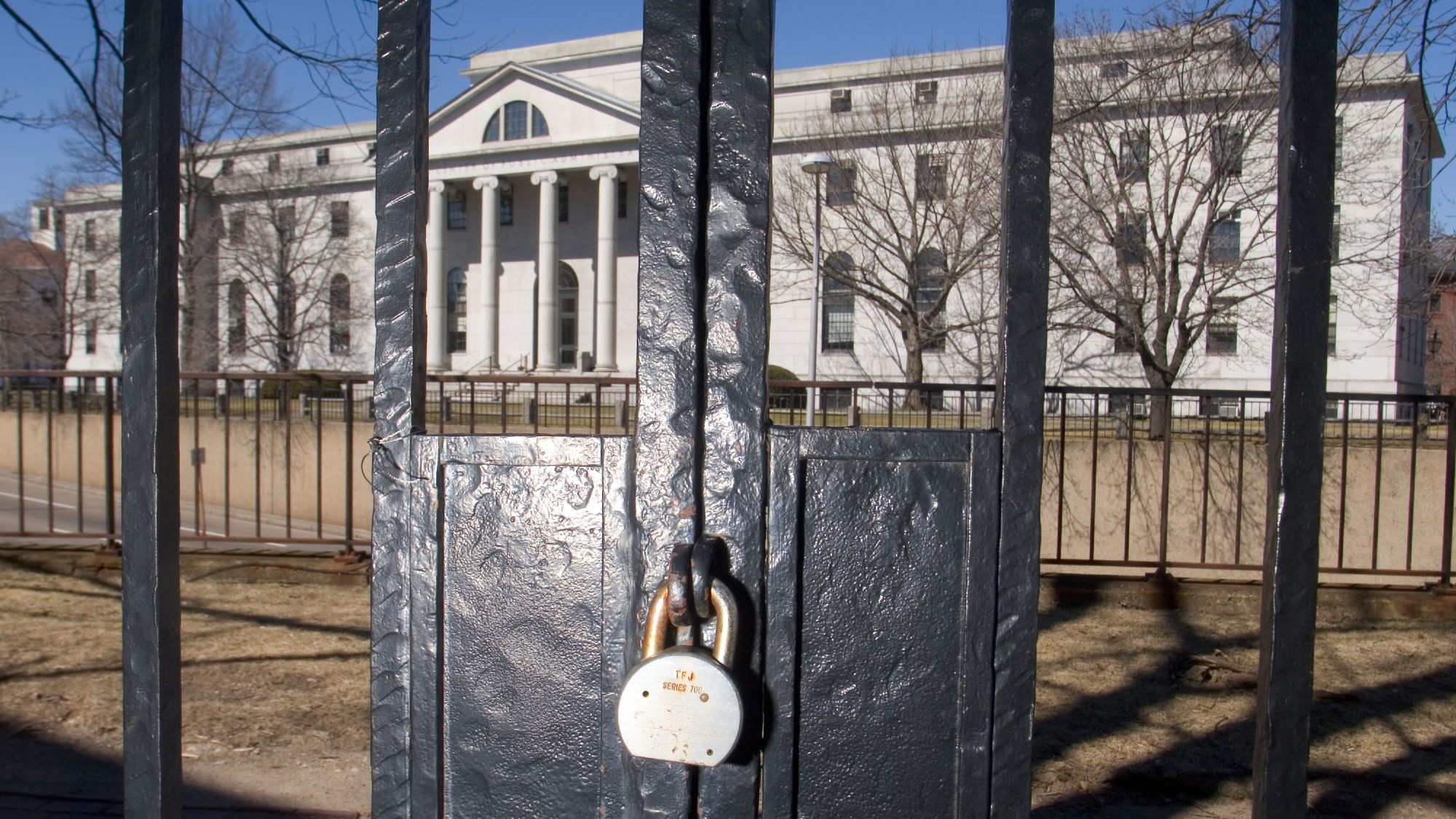Why college students are struggling to read full books
Is reading full books a thing of the past for students?


A free daily email with the biggest news stories of the day – and the best features from TheWeek.com
You are now subscribed
Your newsletter sign-up was successful
College students skirting around doing assigned readings is not necessarily a new phenomenon, but lately, that problem has evolved into a more prominent roadblock. Students now seem increasingly incapable of reading whole books, a problem professors say is becoming the norm, even at some of the nation's most elite colleges.
Fewer books in classrooms over time
While college students today reportedly lack reading stamina, the root of that problem started in middle and high school classrooms. Teachers have shifted away from assigning whole books before students ever reach college. Only 17% of third-to-eighth-grade teachers said they primarily teach whole texts, a recent EdWeek Research Center survey of about 300 teachers found. Nearly half said they combine whole texts with anthologies and shorter excerpts. However, almost a quarter of the respondents said they no longer made books the center of their curriculum.
The slow disappearance of full-length books in the classroom is a multifaceted problem many years in the making. Educational initiatives such as No Child Left Behind and Common Core "emphasized informational texts and standardized tests for over two decades," said The Atlantic. As a result, teachers shifted from reading books to short passages, "mimicking the format of standardized reading-comprehension tests." Shifting toward truncated reading was meant to help train kids to better synthesize information from texts, Antero Garcia, a Stanford education professor, said to the outlet. But in doing so, we’ve "sacrificed young people's ability to grapple with long-form texts in general."
The Week
Escape your echo chamber. Get the facts behind the news, plus analysis from multiple perspectives.

Sign up for The Week's Free Newsletters
From our morning news briefing to a weekly Good News Newsletter, get the best of The Week delivered directly to your inbox.
From our morning news briefing to a weekly Good News Newsletter, get the best of The Week delivered directly to your inbox.
The pandemic and online school helped accelerate the shift from assigning whole texts. Beyond that, Gen Z, many of whom are now in college, grew up with Google, smartphones, and social media, "all of which provide quick and easy hits of information requiring lower cognitive loads than long-form articles and books," Professor Liz Swan said at Psychology Today.
A glimpse into the future of communication
Academics struggle to balance meeting their students where they are and maintaining an intellectually rigorous environment. Some students struggle with "reading endurance and weak vocabulary," said The Chronicle of Higher Education. Having limited experience with reading books also means they do not have the "context to understand certain arguments or points of view." Faced with this problem, many professors feel they "have no choice but to assign less reading and lower their expectations," said the Atlantic.
The emphasis on standardized tests has reached the point where it is "actively cannibalizing students' educational experience," Adam Kotsko, a literature professor, said at Slate. It is impossible to go back and undo the impact of the pandemic or technological advancements on education. But at the very least, academics can "stop actively preventing young people from developing the ability to follow extended narratives and arguments in the classroom." This generation is not "simply choosing TikTok over Jane Austen," Kotsko said. Because their reading instruction is truncated, they are "deprived of the ability to choose — for no real reason or benefit."
Other professors simply see the shift away from books as part of the natural progression of communication. Just as the written word led to the decline of oral culture, the rise of truncated writing and the popularity of video/audio content will shift how we communicate again, Stuart Patterson, chair of the Shimer Great Books School at North Central College, said to the Chronicle of Higher Education. That shift toward a "hybrid oral-written culture" will be a long-lasting change that is in "some ways more important" than change brought about by the pandemic or testing culture. "We need to prepare ourselves for a drastically different future," Patterson said, even if it means "listening rather than reading."
A free daily email with the biggest news stories of the day – and the best features from TheWeek.com
Theara Coleman has worked as a staff writer at The Week since September 2022. She frequently writes about technology, education, literature and general news. She was previously a contributing writer and assistant editor at Honeysuckle Magazine, where she covered racial politics and cannabis industry news.
-
 Will increasing tensions with Iran boil over into war?
Will increasing tensions with Iran boil over into war?Today’s Big Question President Donald Trump has recently been threatening the country
-
 Corruption: The spy sheikh and the president
Corruption: The spy sheikh and the presidentFeature Trump is at the center of another scandal
-
 Putin’s shadow war
Putin’s shadow warFeature The Kremlin is waging a campaign of sabotage and subversion against Ukraine’s allies in the West
-
 American universities are losing ground to their foreign counterparts
American universities are losing ground to their foreign counterpartsThe Explainer While Harvard is still near the top, other colleges have slipped
-
 How Mississippi moved from the bottom to the top in education
How Mississippi moved from the bottom to the top in educationIn the Spotlight All eyes are on the Magnolia State
-
 Oklahoma fires instructor over gender essay grade
Oklahoma fires instructor over gender essay gradeSpeed Read
-
 Education: More Americans say college isn’t worth it
Education: More Americans say college isn’t worth itfeature College is costly and job prospects are vanishing
-
 Penn wipes trans swimmer records in deal with Trump
Penn wipes trans swimmer records in deal with Trumpspeed read The University of Pennsylvania will bar transgender students from its women's sports teams and retroactively strip a trans female swimmer of her titles
-
 Where will international students go if not the US?
Where will international students go if not the US?Talking Points China, Canada and the UK are ready to educate the world
-
 Colleges are canceling affinity graduations amid DEI attacks but students are pressing on
Colleges are canceling affinity graduations amid DEI attacks but students are pressing onIn the Spotlight The commencement at Harvard University was in the news, but other colleges are also taking action
-
 Can Trump ban overseas students from US universities?
Can Trump ban overseas students from US universities?Today's Big Question President's decision to revoke Harvard's access to database for admitting international students 'drastically escalates' the dispute
